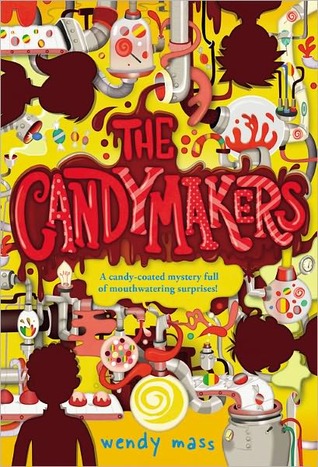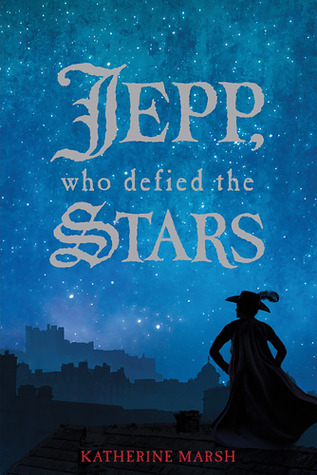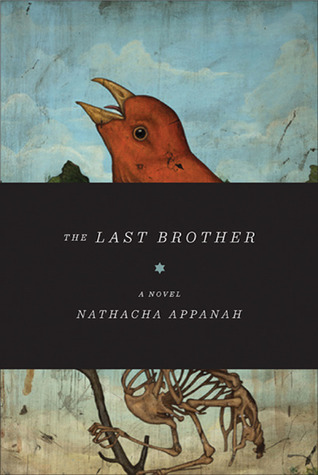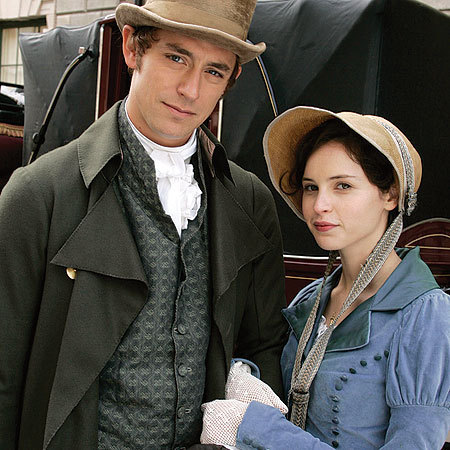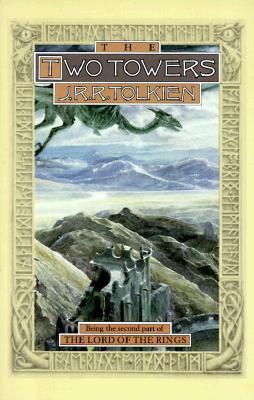 From The Shape of Water: No light of daybreak filtered yet into the courtyard of Splendor, the company under government contract to collect trash in the town of Vigata.
From The Shape of Water: No light of daybreak filtered yet into the courtyard of Splendor, the company under government contract to collect trash in the town of Vigata. From The Terra-Cotta Dog: To judge from the entrance the dawn was making, it promised to be a very iffy day - that is, blasts of angry sunlight one minutes, fits of freezing rain the next, all of it seasoned with sudden gusts of wind - one of those days when someone who is sensitive to abrupt shifts in weather and suffers them in his blood and brain is likely to change opinion and direction continuously, like those sheets of tin, cut in the shape of banners and rooster,s that spin every which way on rooftops with each new puff of wind.
From The Snack Thief: He woke up in a bad way. The sheets, during the sweaty, restless sleep that had followed his wolfing down three pounds of a sardines a beccafico the previous evening, had wound themselves tightly round his body, making him feel like a mummy.
Death in Sicily, scheduled to come out in late May, is a volume containing the first three Inspector Montalbano mysteries. It has quite a long title. I received a review copy from Penguin, and was excited to read these Italian mysteries. In this post I will review the titles separately.
The Shape of Water: In The Shape of Water, the first mystery in the series, a man is found mysteriously dead in a car by the beach. He had been doing certain things before he died, but it appears that he has died from a heart attack. Inspector Montalbano, however, is suspicious. It's just a feeling that he has, but he somehow thinks that there is more going on than meets the eye. And of course, he is right. There are many secrets swirling around the death, and many people to be questioned.
The writing in these mysteries was certainly quite different than I was expecting. It wasn't particularly suspenseful, but there was a certain charm about it, and once I got used to it, I really enjoyed the snappy dialogue and quick turnaround of events. I didn't love it, but I did enjoy it, and I while I wasn't desperate to see what had actually happened, I did want to find out. The Shape of Water is the shortest of the three mysteries, and was definitely entertaining. Once you get into it, it goes by very quickly and is a pretty short read (153 pages). It was definitely a good introduction to the series.
The Terra-Cotta Dog: The second book in the series opens "with a mysterious tete-a-tete with a mafioso, some inexplicably abandoned loot from a supermarket heist, and some dying words that lead inspector Montalbano to a secret grotto in a mountainous cave where two young lovers, dead fifty years and still embracing, are watched over by a life-size terra cotta dog. Montalbano's passion to solve this old crime takes him, heedless of personal danger, on a journey through the island's past and into a family's dark heart amid the horrors of World War II." As you can see, The Terra-Cotta Dog began with a very long sentence. It was longer than The Shape of Water, and quite different, though still very enjoyable. In The Terra-Cotta Dog, Inspector Montalbano often pretends to be a bit slow in order to trick the suspects into revealing something or in order to surprise them, which is a very effective technique and a classic in mystery stories. But in other respects, these books are different from what most mysteries are like. Sometimes no one ends up arrested and sometimes there are multiple cases that Montalbano is dealing with in the story. They may or may not be connected. I really enjoyed it when Montalbano told off some not-so-nice people. The Terra-Cotta Dog was also very enjoyable, and I liked it more because there was more time for the story to develop, and there were a lot of little details about Montalbano that the reader learns. For example, he has synesthesia; smells have colors for him. We also learn more about his life and personality. I also really enjoyed the character of Catarella; he added some comedy to the story. 265 pages, 5 stars.
The Snack Thief: "In the third book in Andrea Camilleri's Inspector Montalbano series, the urbane and perceptive Sicilian detective exposes a viper's nest of government corruption and international intrigue in a compelling new case. When an elderly man is stabbed to death in an elevator and a crewman on an Italian fishing trawler is machine-gunned by a Tunisian patrol boat off Sicily's coast, only Montalbano suspects the link between the two incidents. His investigation leads to the beautiful Karima, an impoverished housecleaner and sometime prostitute, whose young son steals other schoolchildren's midmorning snacks. But Karima disappears, and the young snack thief's life-as well as Montalbano's-is on the line . . ." These books have such unique plots, and The Snack Thief was no exception. The characters are developed more, and there's another great mystery to read. 4 stars, 239 pages.
So overall, the first three books in this series are really good and highly recommended. This series is quite different from many other mysteries, but very entertaining and absorbing. You can, of course, buy the first three books separately now, but this volume of all three is coming out May 28th. Thanks again to Penguin.
Read Death in Sicily:
- if you like mystery
- if you like Italian fiction
- if you like this series
 | ||||
| Very Good! I would recommend this book! |
